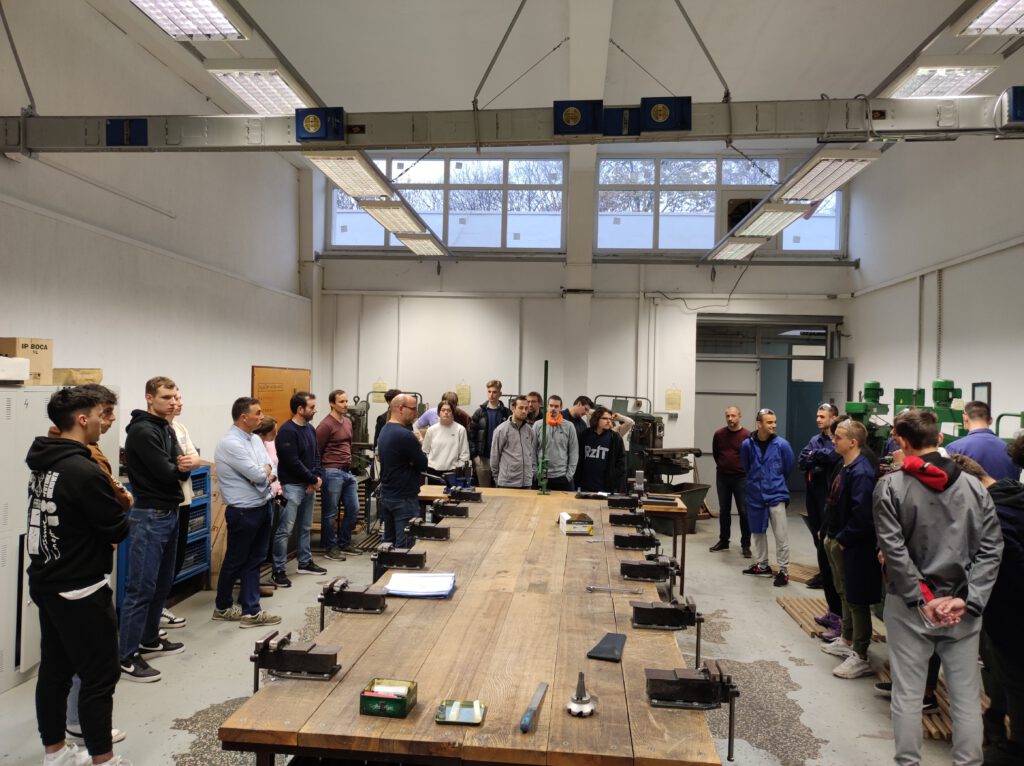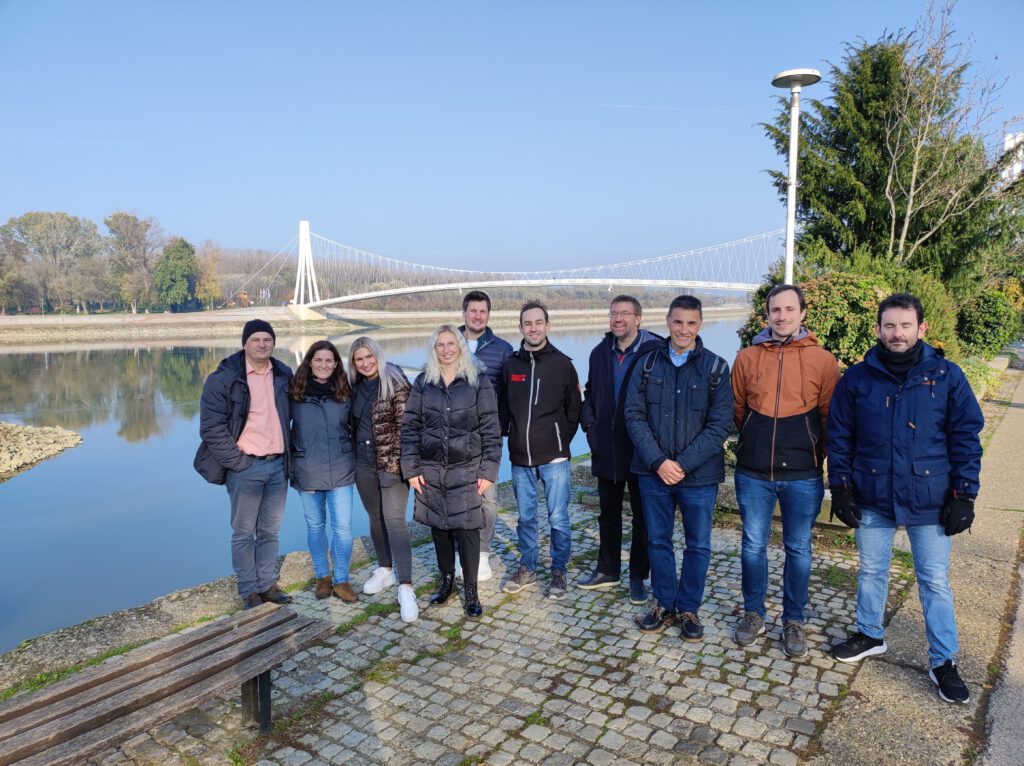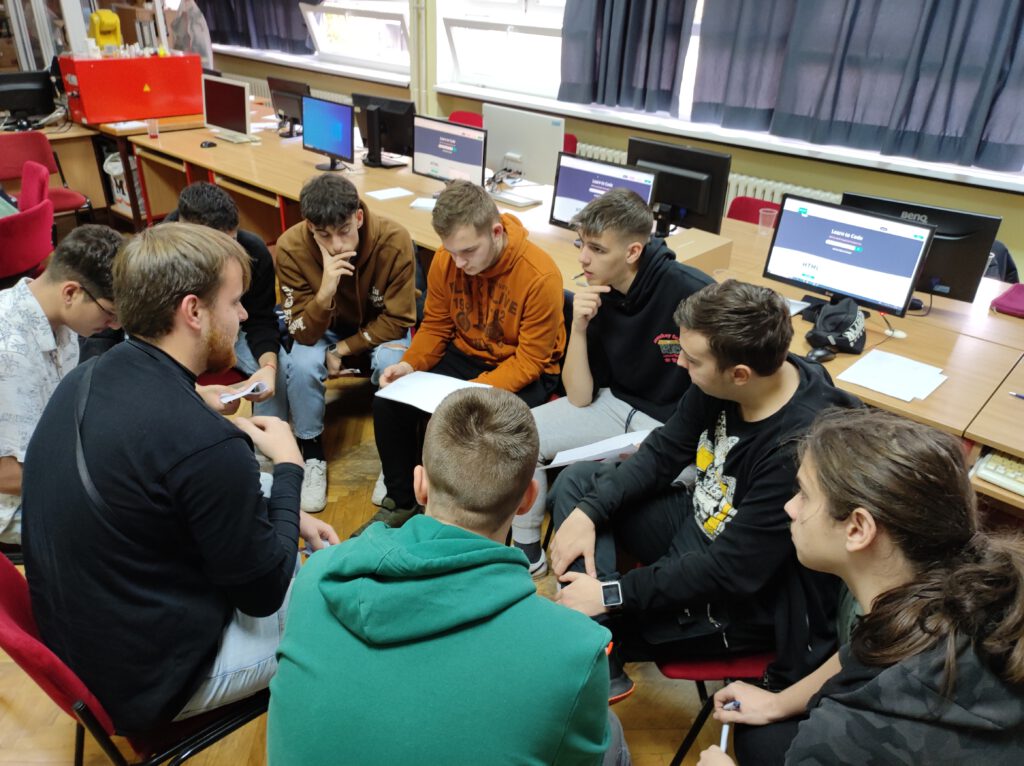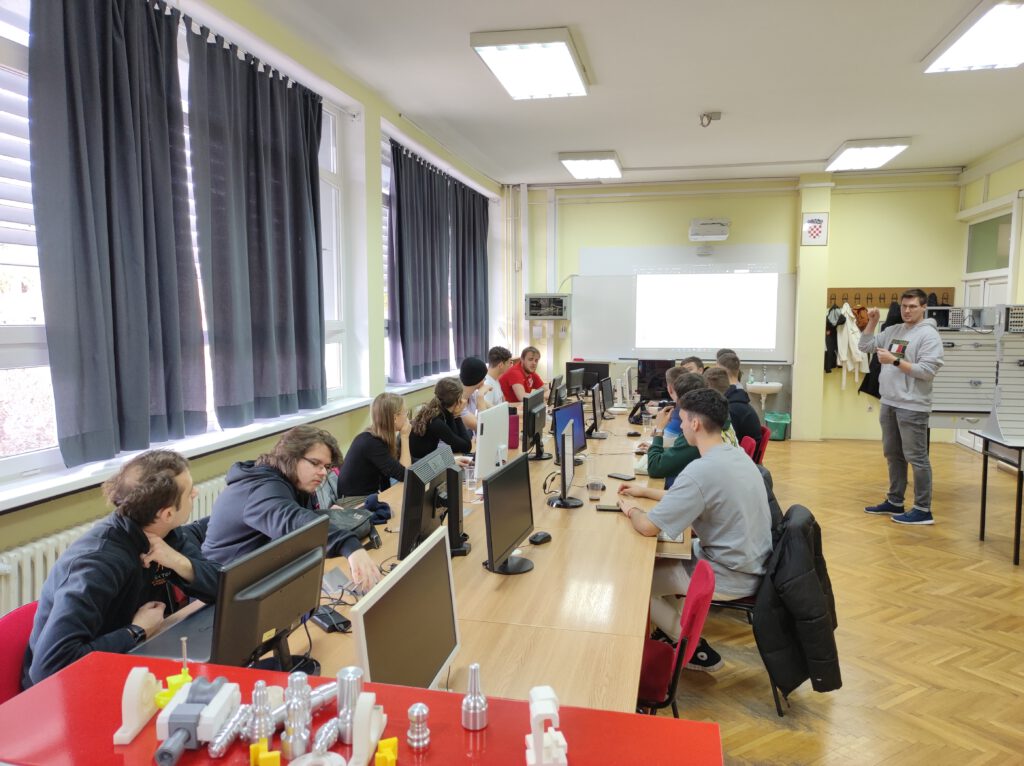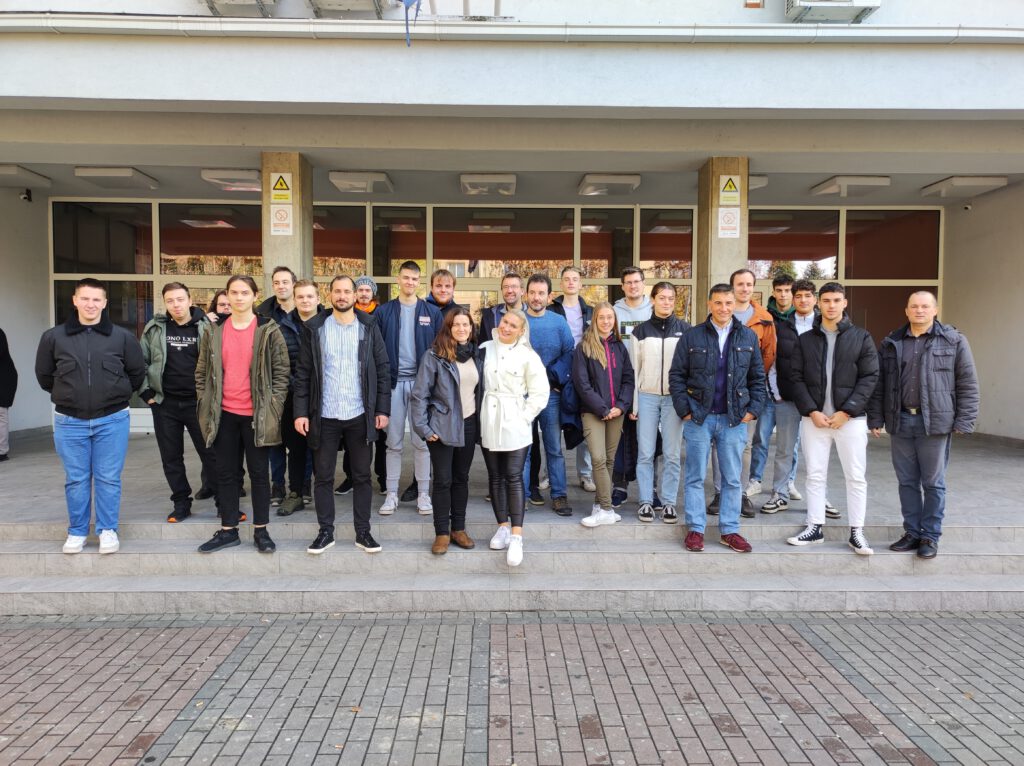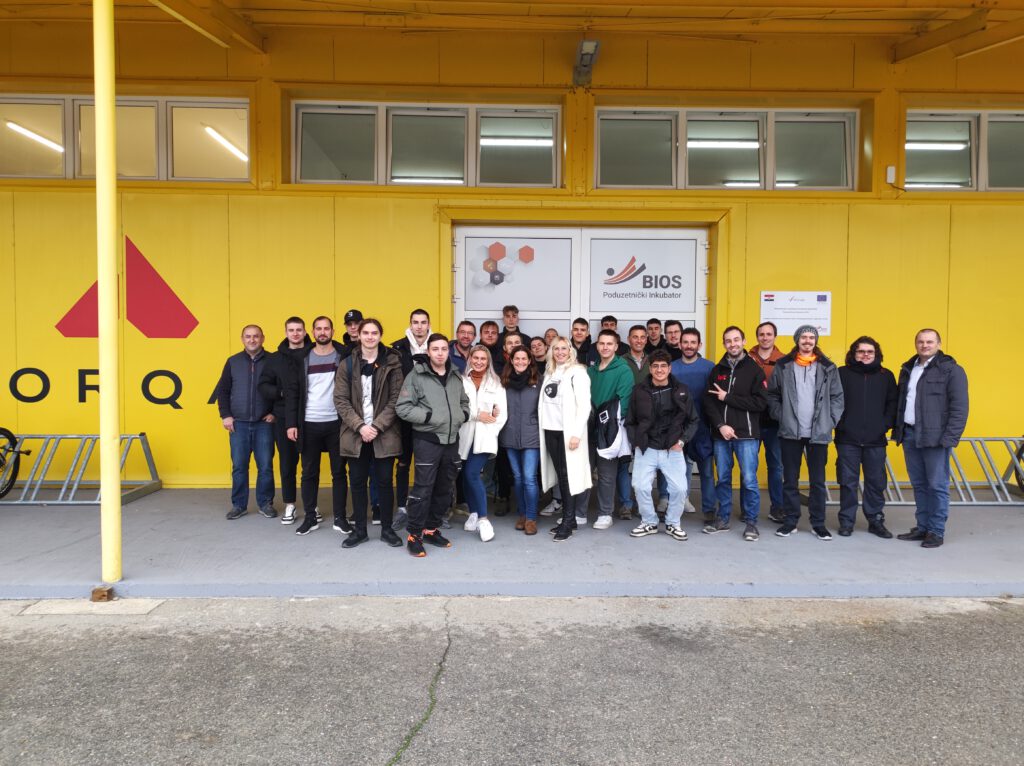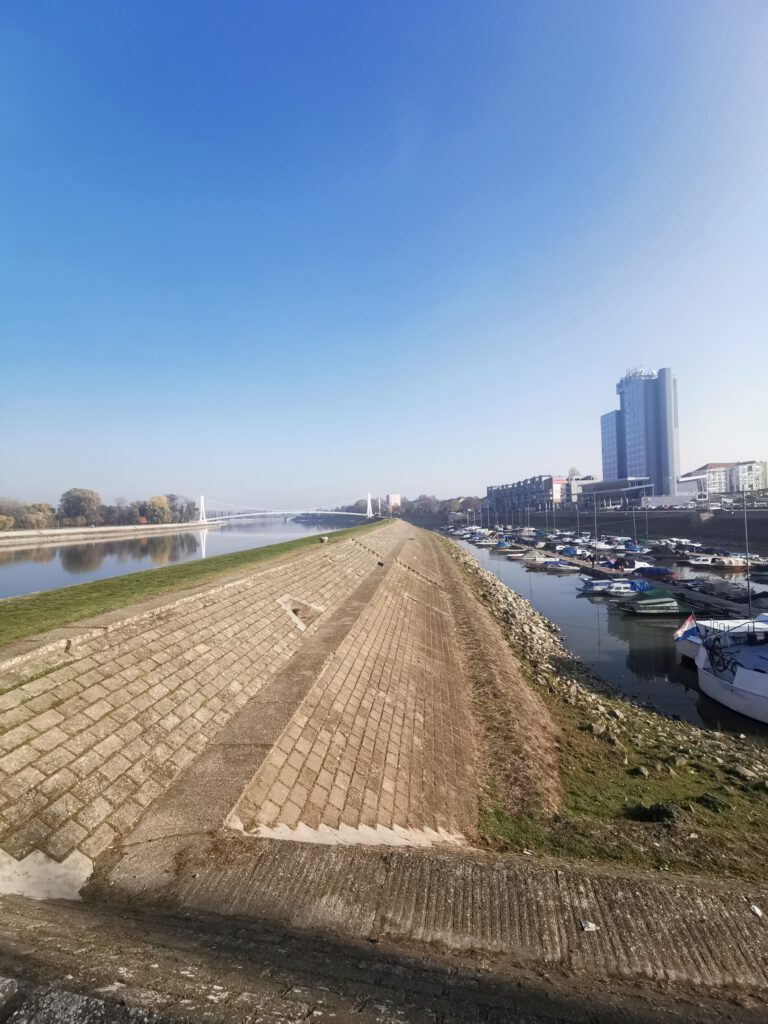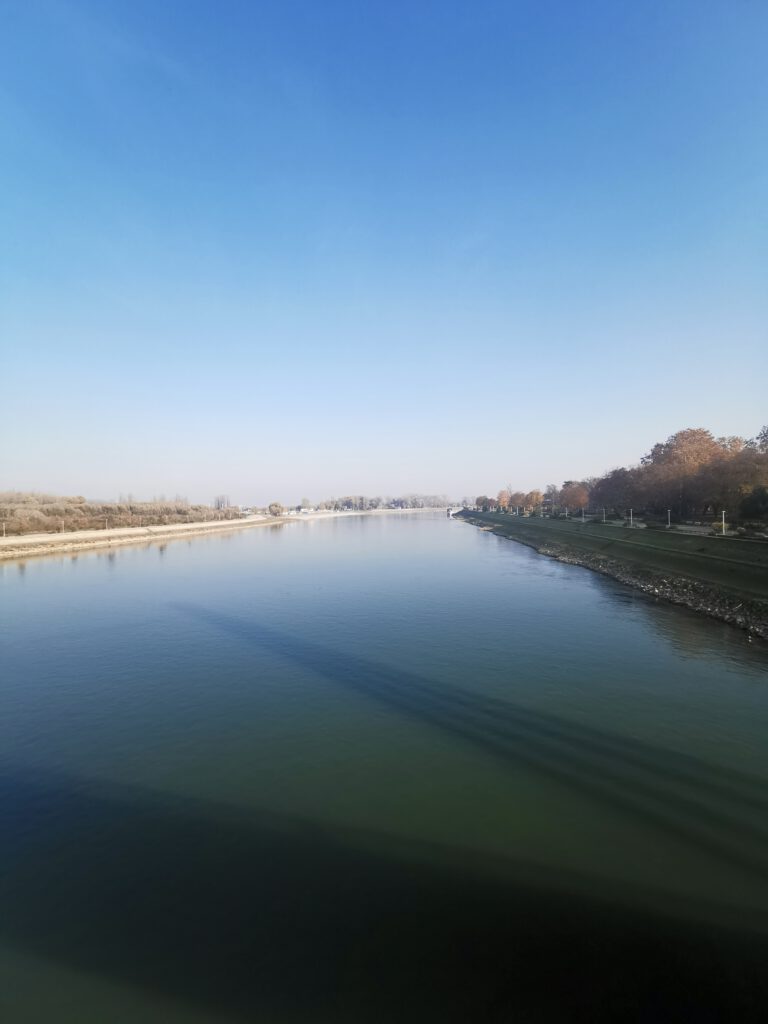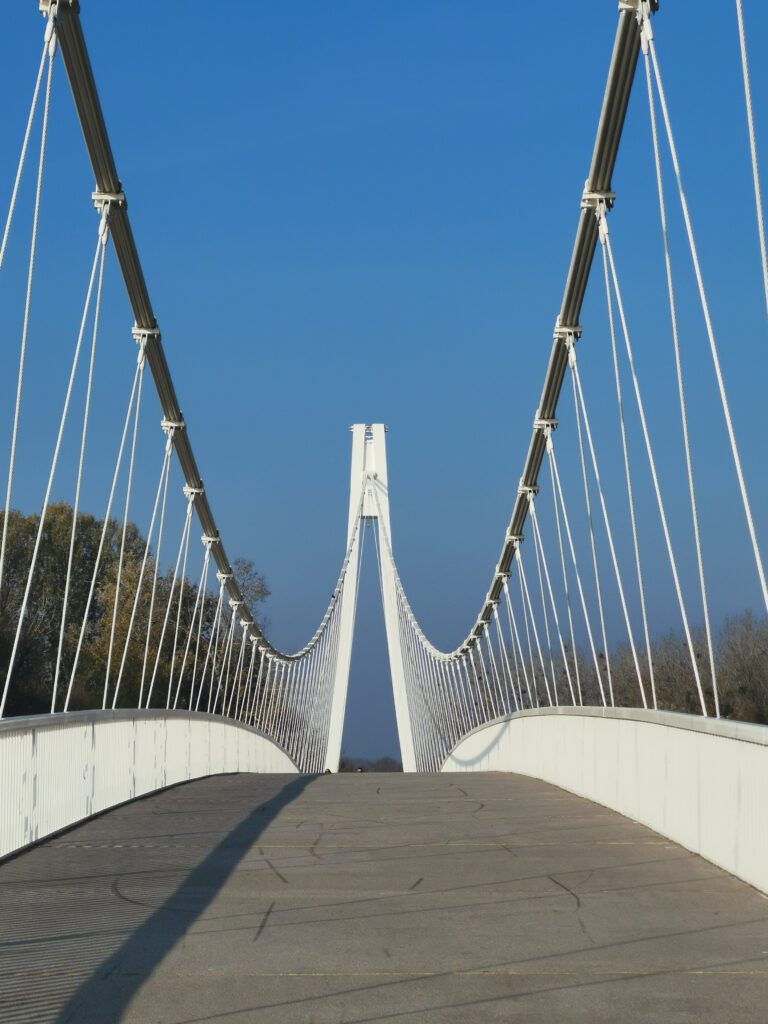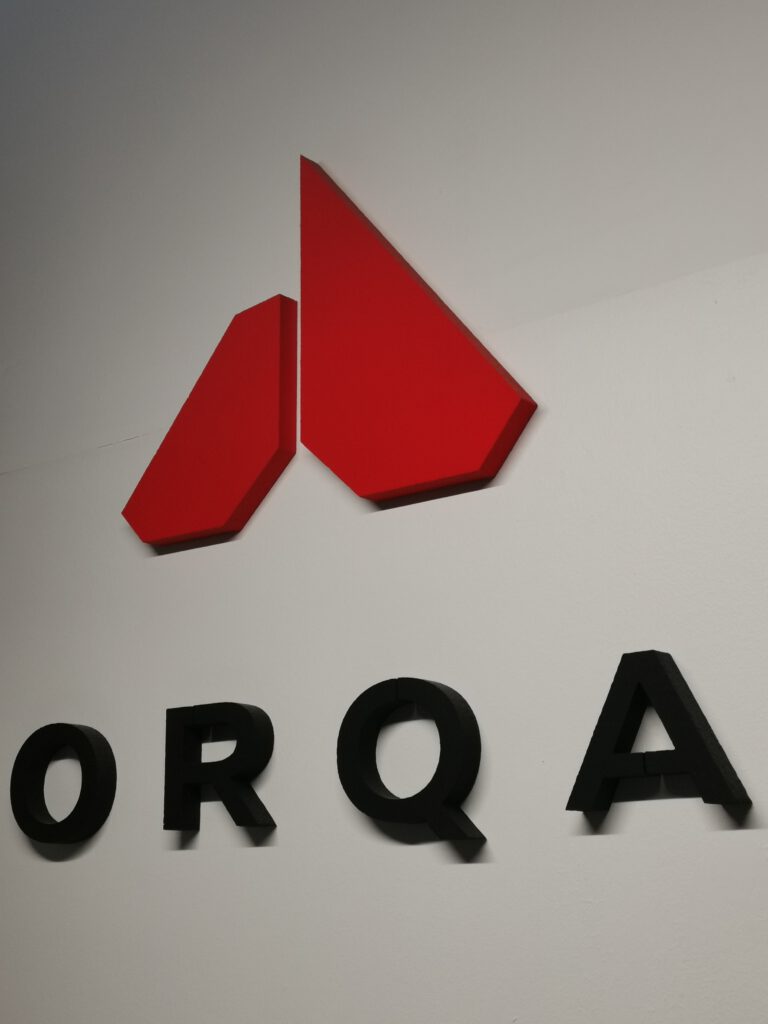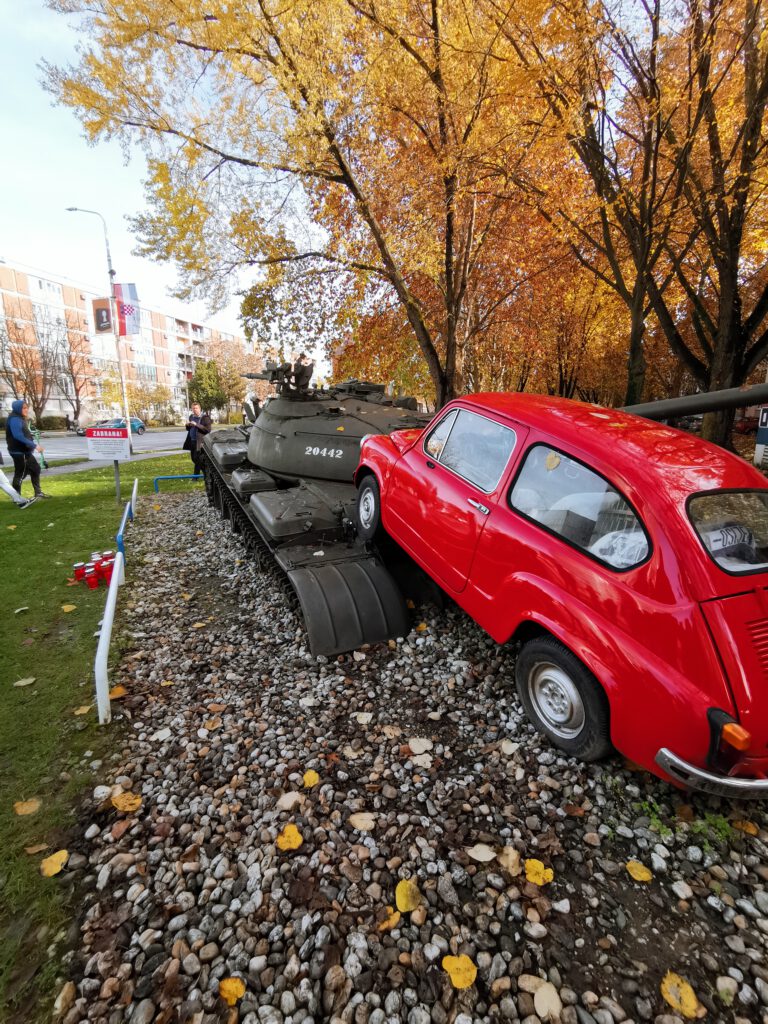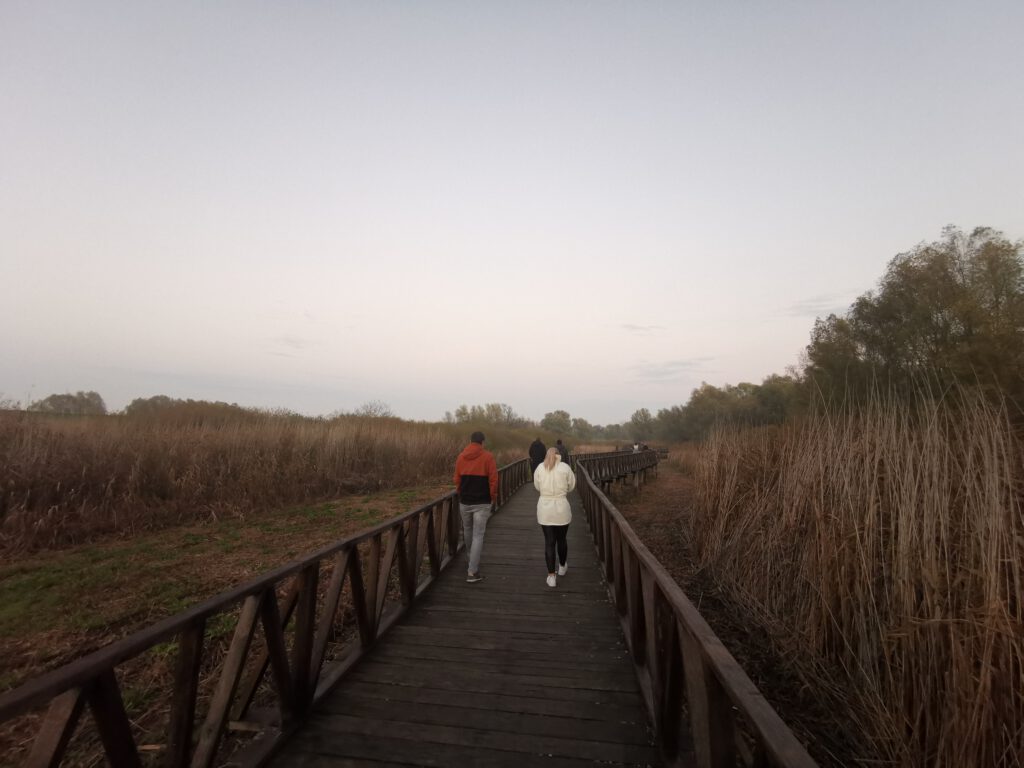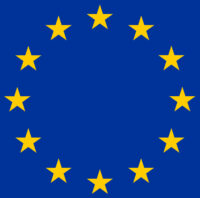LTTA – Horb
The first meeting (learning teaching training activity – LTTA) in person for students and teachers was at the “Gewerbliche und Hauswirtschaftlichen Schule Horb“. From October 4th to 8th participants from Spain, Croatia and Lithuania visited us in Germany.
We presented our learning factory with the CNC milling machine we are working on.
On the second day each team presented their training situation and progress to date. Once we were all familiar with the projects, it was time to choose the vr goggles. We had three to choose from, and after testing each one, we determined the best one with the help of a utility analysis. We decided to go with the Oculus Quest.
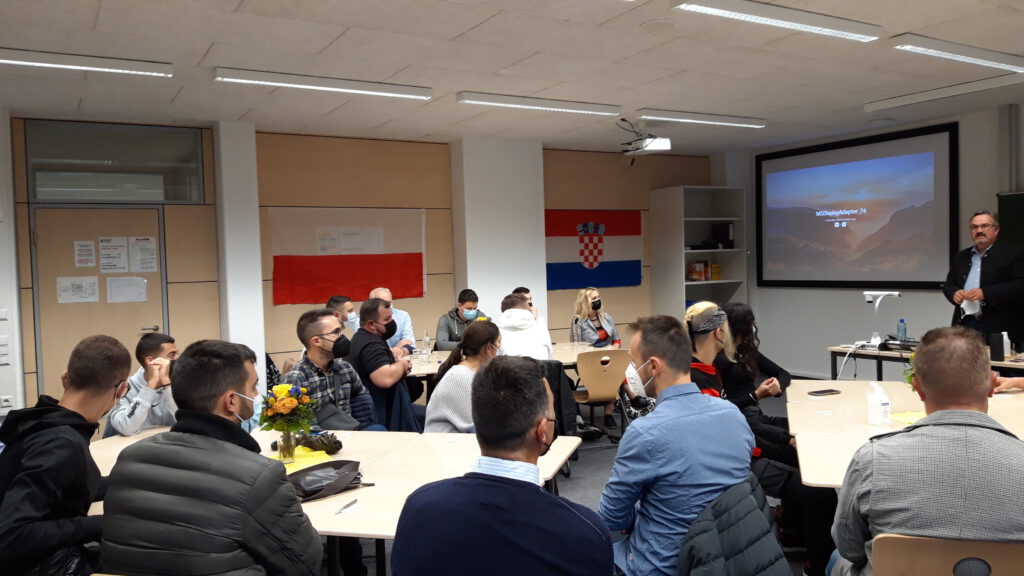
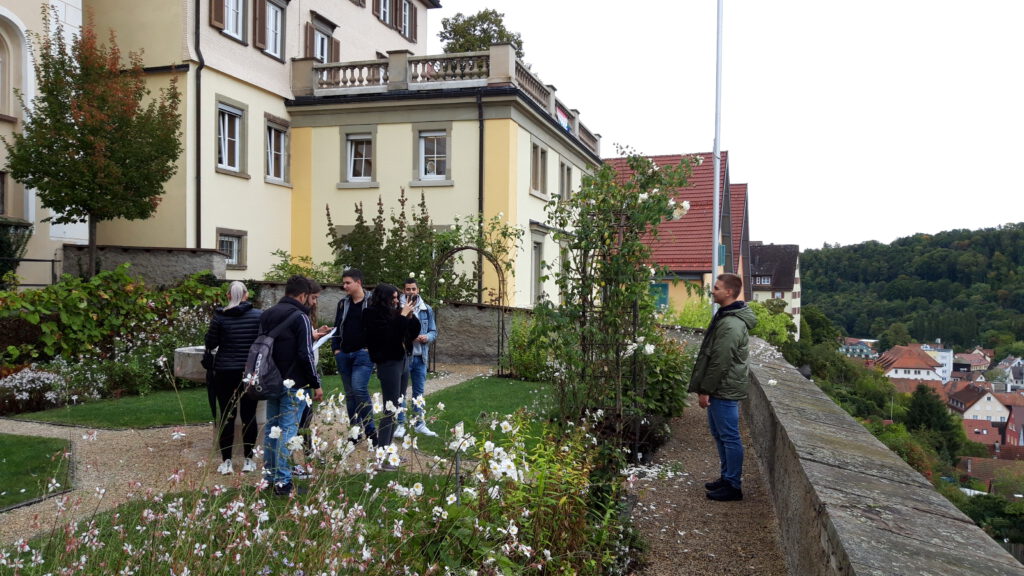
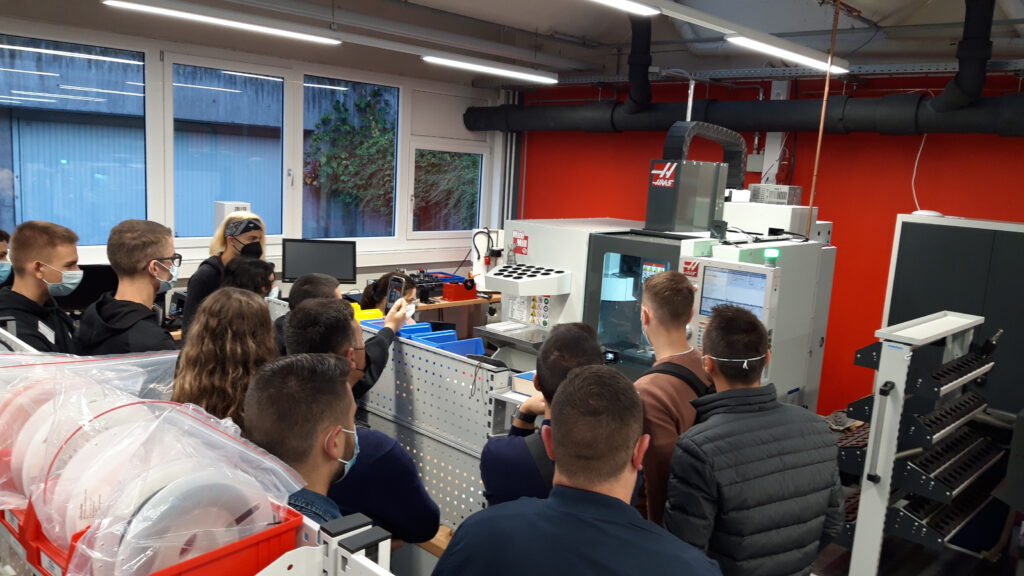
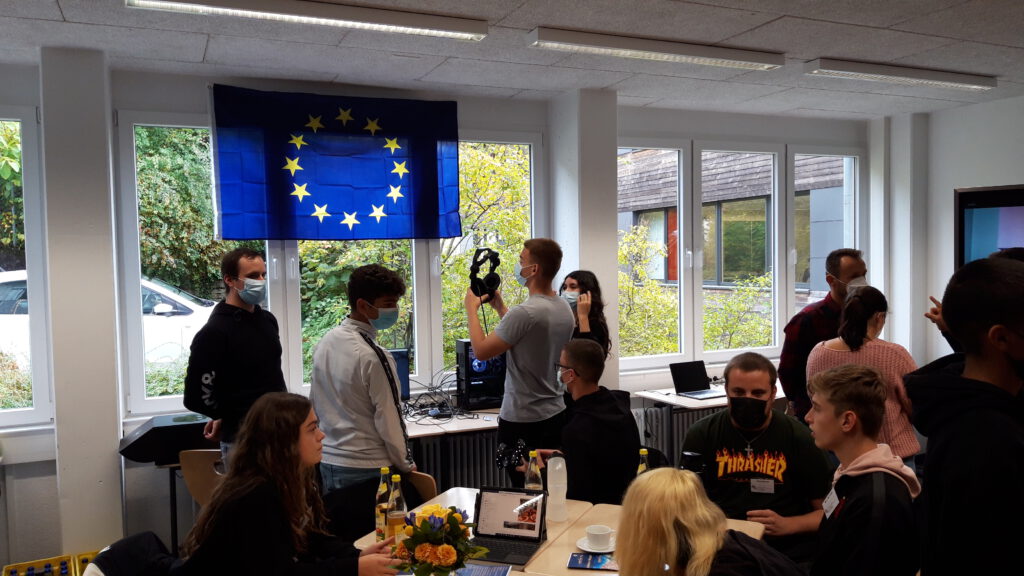
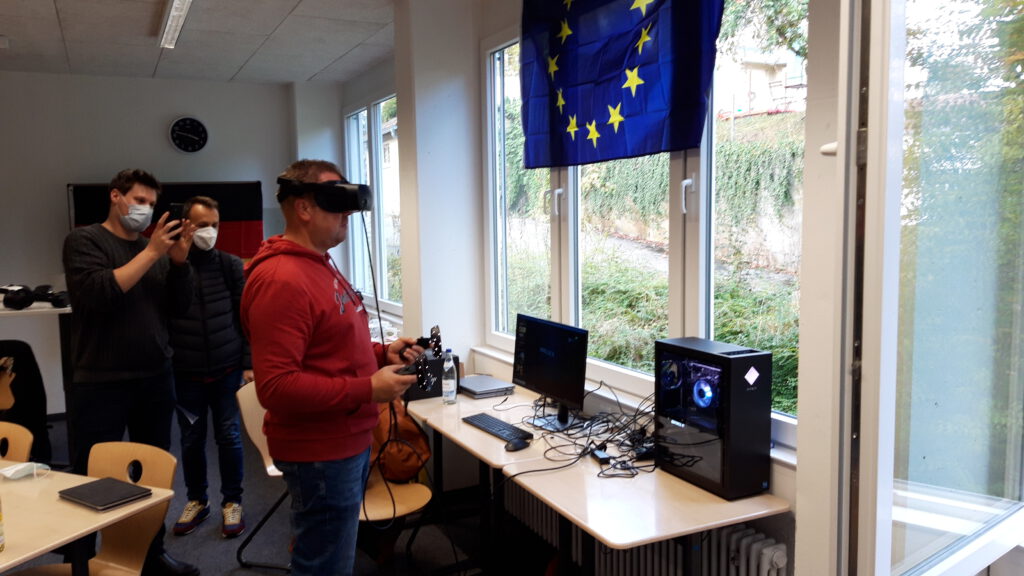
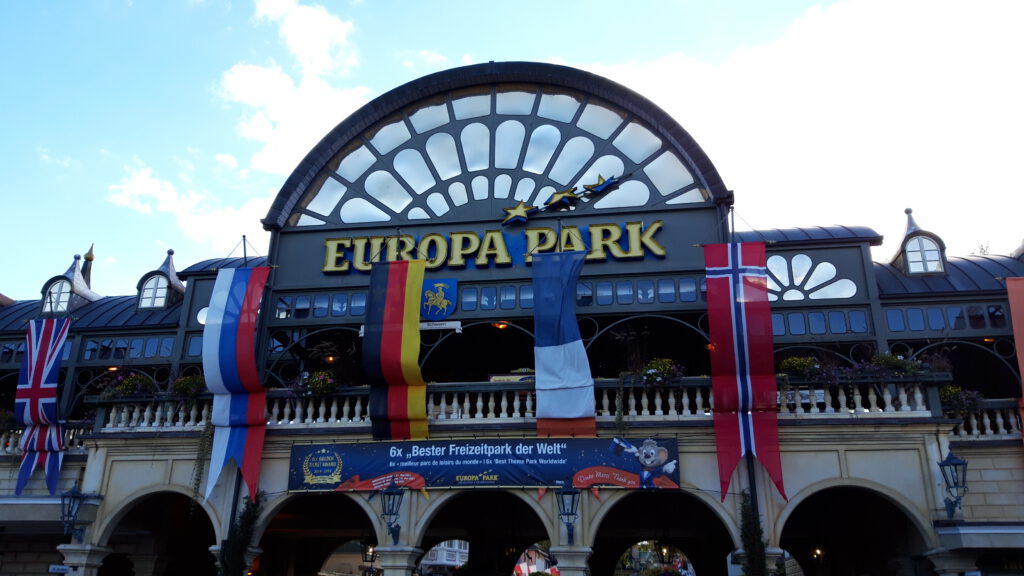
On wednesday we went to the famous Europa Park in Rust. In the park there are also attractions with VR glasses, so we could experience them in application. One of these attractions is the Alpenexpress Coastiality, a virtual roller coaster through reality. Before departure, you put on Vr goggles that let you see an animated world that is perfectly adapted to the track layout. In advance, you can even choose between different worlds.
On the fourth day, we had a visit by an employee of the Homag group, who gave us an insight into what is possible with the digital twins. He gave us a lecture on the comparison of real machines with those in the virtual world. Afterwards we went by train to Stuttgart to the Mercedes Benz Museum.
On our last day we decided the software we wanted to work with. In the end we decided for Unity and Blender. Afterwards we set goals for the next meeting.
LTTA – Vilnius
Besides the work on VR, part of the project is also the visit to the various partner schools and colleges in other European countries, which is why we visited Vilnius, the capital of Lithuania, from 2-7 May based on our Erasmus project. Besides daily workshops at the Vilnius College, there was a lot to experience and discover.
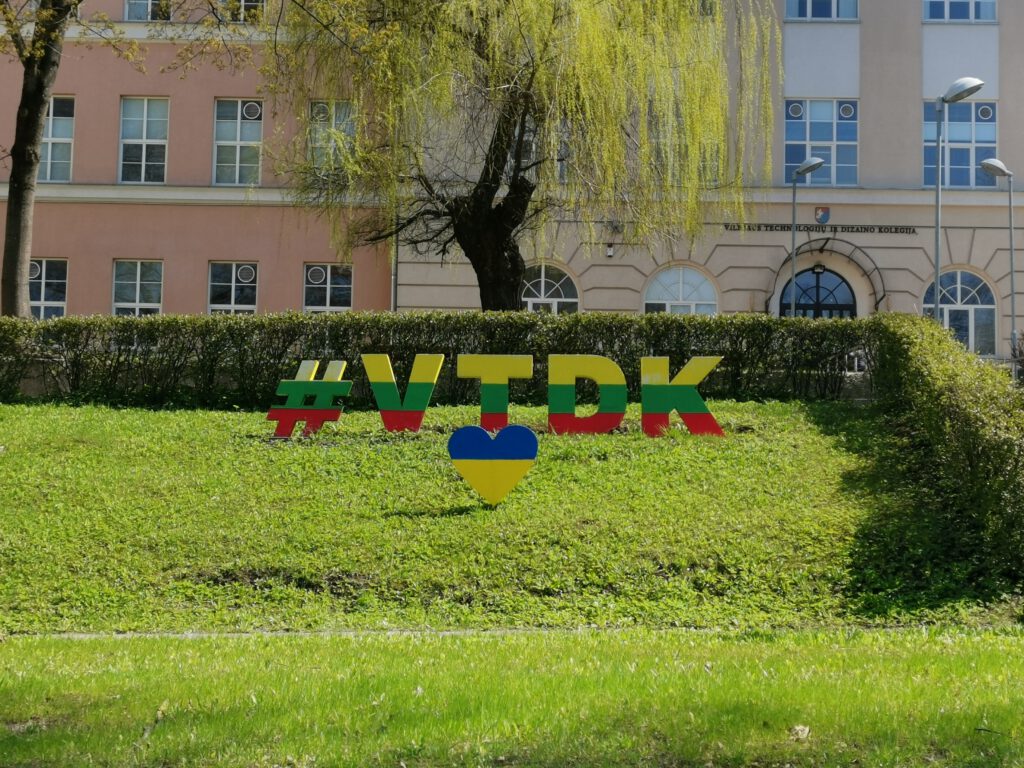
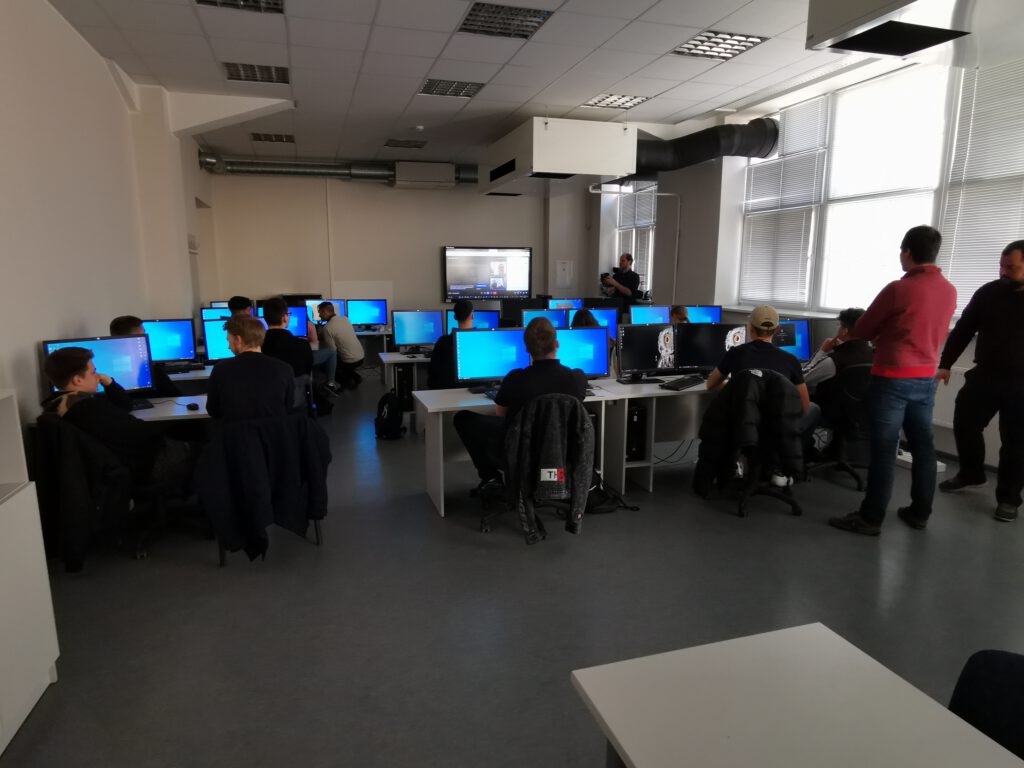
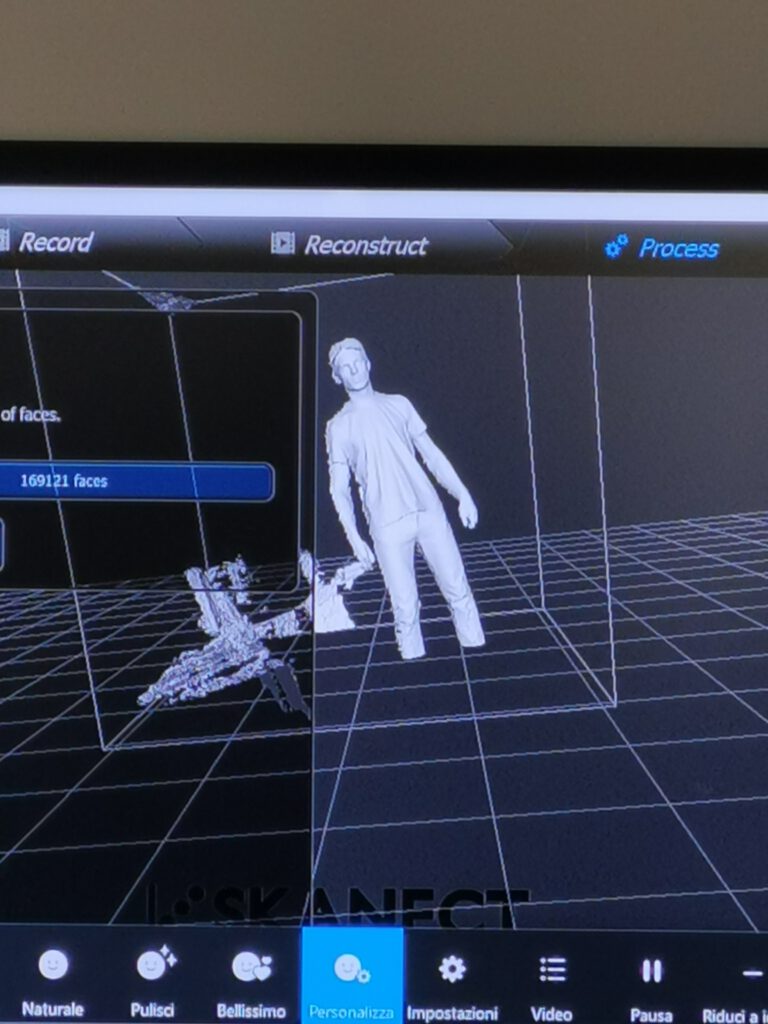
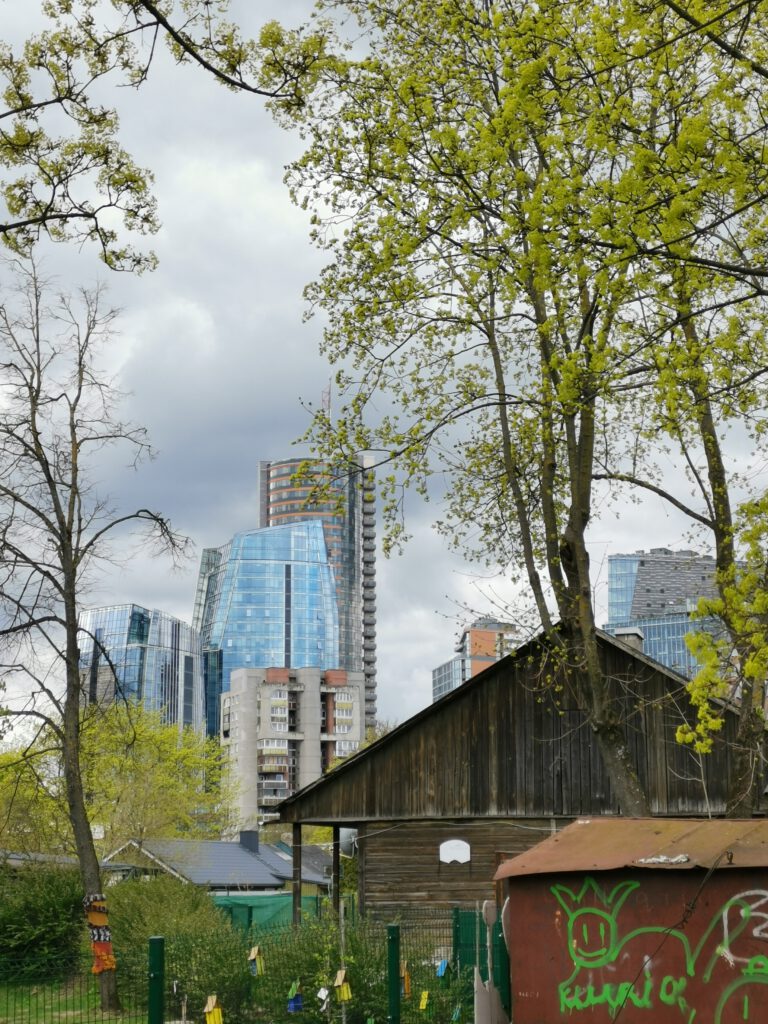
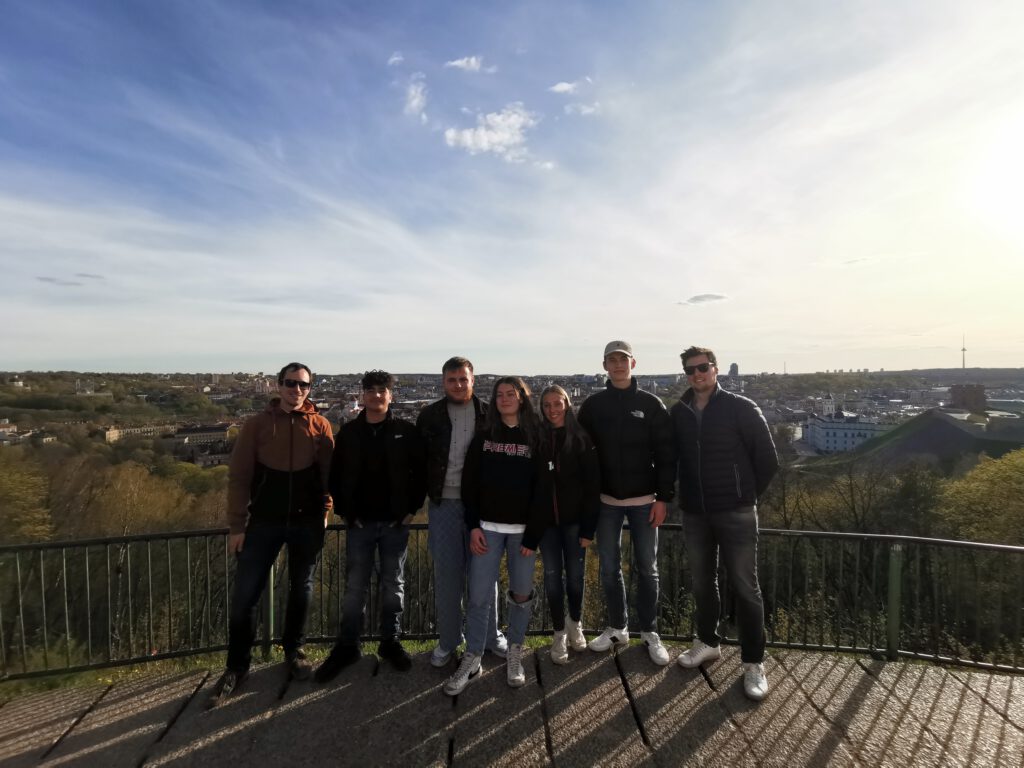
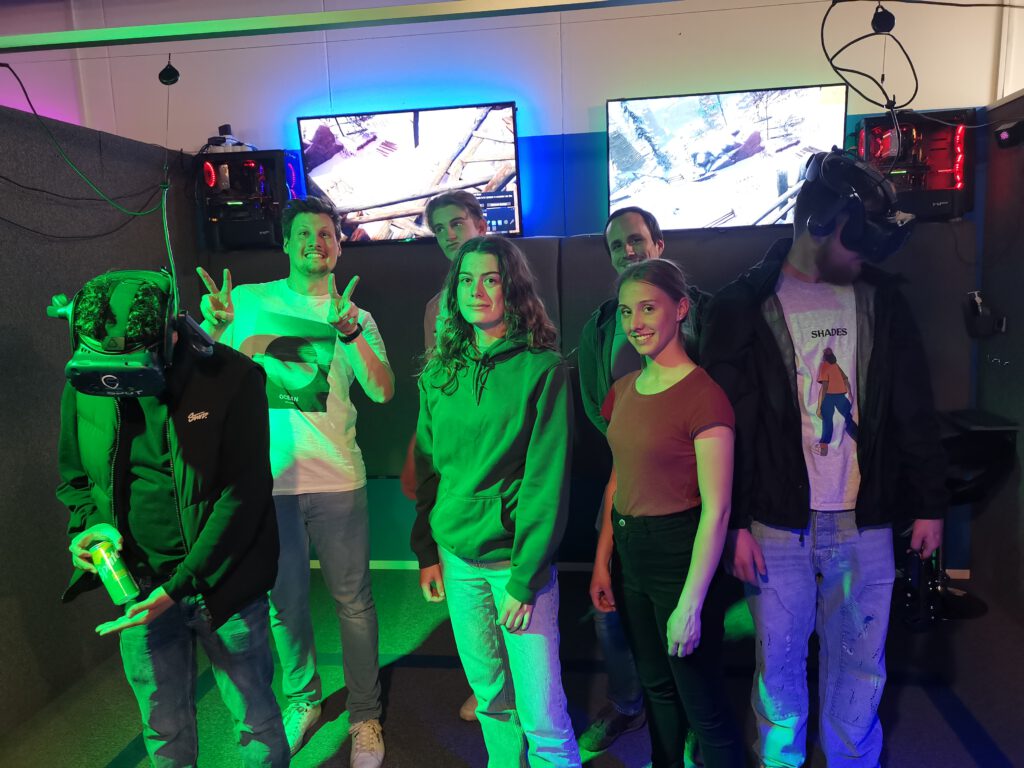
Day 1: On the first day after our arrival in Lithuania, the participants of the Erasmus+ project from Lithuania, Spain and Germany met at Vilnius College. After a first meeting to get to know each other, a short tour of the college was made. At noon, they met at the Cathedral of St. Stanislaus in Vilnius and were guided through the old town by a guide.
Day 2: On Tuesday, the day started with a first introduction by a Unity specialist from the school for all Erasmus+ participants. After lunch, everyone went to Future Live Vilnius. Through many different games, you got an impression of what is possible through animation. There was a lot to discover, and everyone had fun. Afterwards, we went to a traditional Lithuanian restaurant with lots of local dishes.
Day 3: Wednesday was very informative and instructive. Thanks to the unity technologies specialist from Lithuania, we could see a lot of progress in the project. They worked on it all day, and everyone was able to take learn a lot and incorporate it into their project.
Day 4: Thursday didn’t start until midday. To strengthen the team, groups were formed at random, which could then collect points in various games. The games were all in virtual reality, which was very interesting and sometimes challenging. After all the groups had played each game once, everyone had a little time to play again.
Day 5: The last crash course in Unity took place on Friday morning. We had still been working on and familiarizing ourselves with the scanning of objects. At the end of the morning, the results of the various projects were briefly presented among all the participants. Afterwards, there was a short farewell to the international partners and the participants’ certificates were handed out.
All in all, we had a very successful LTTA from which we were able to take away a lot of new knowledge. We have been able to improve our project a lot through the professor
LTTA – Osijek
In November 2023, students and teachers of all the ERASMUS participants visited the Technical College in Osijek, Croatia. With 100,000 inhabitants (20% of them students), Osijek is the fourth largest city in Croatia and is located near the Drava River Estuary.
The agenda of the week included visits to the companies ORQA and Harburg-Freudenberger Maschinenbau GmbH as well as cultural and historical encounters with Croatia. The central task was to work out the design and content for a website for the documentation and publication of the project results according to the ideas of the individual project partners and their current status. For this purpose, among other activities, all texts had to be created in the five project languages as well as in English.
Between and after every of the working sessions, international relationships were forged and cultivated during city tours and traditional Croatian meals.
A memorable and moving moment was the visit to “Vukovar Street”, which is illuminated annually by thousands of candles over a distance of six kilometres for the celebration of the National Day of Remembrance of the Yugoslav Wars. These traces of war showed us even more the importance of nations growing together through projects like ERASMUS and of appreciating the interchange of cultures and values.
